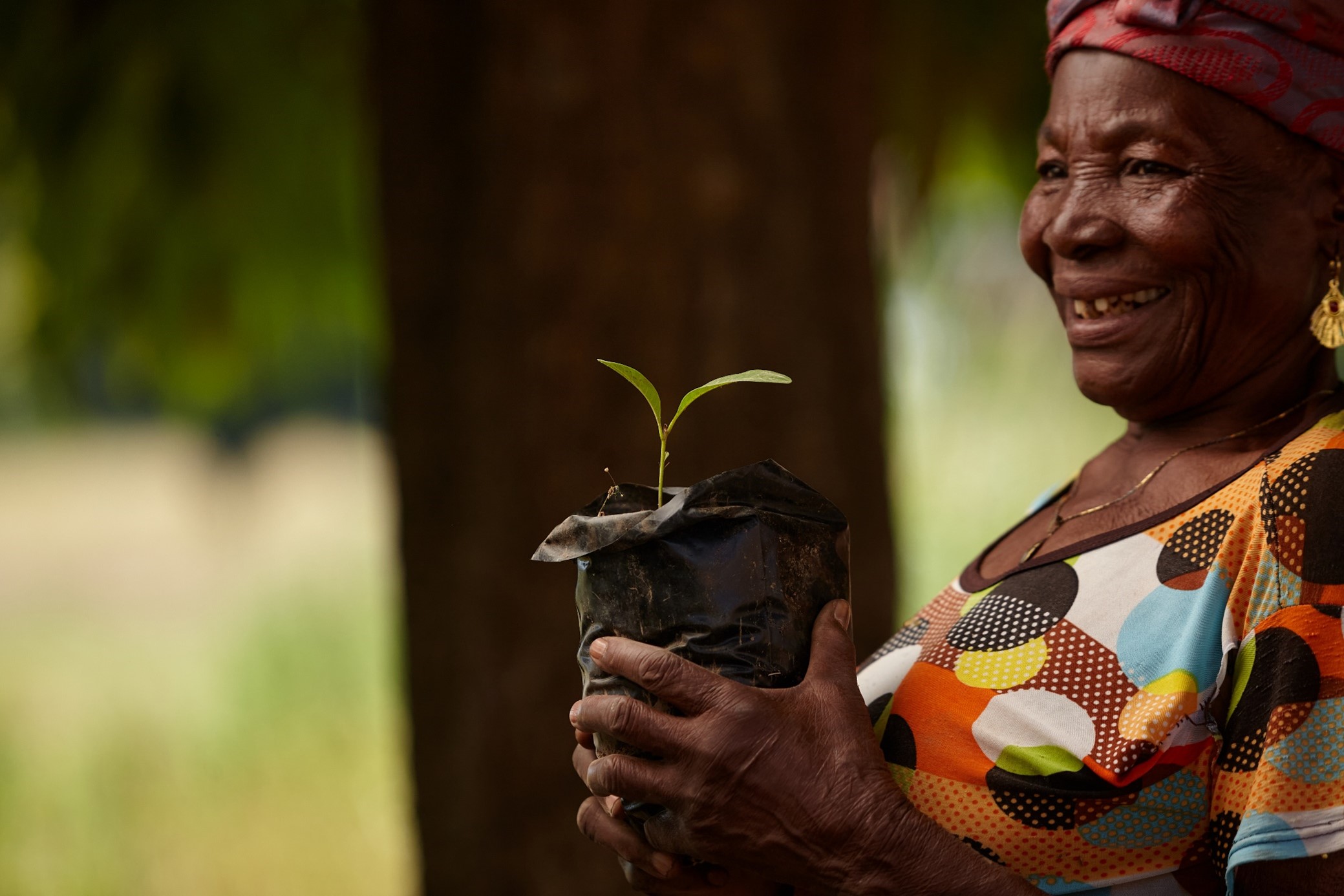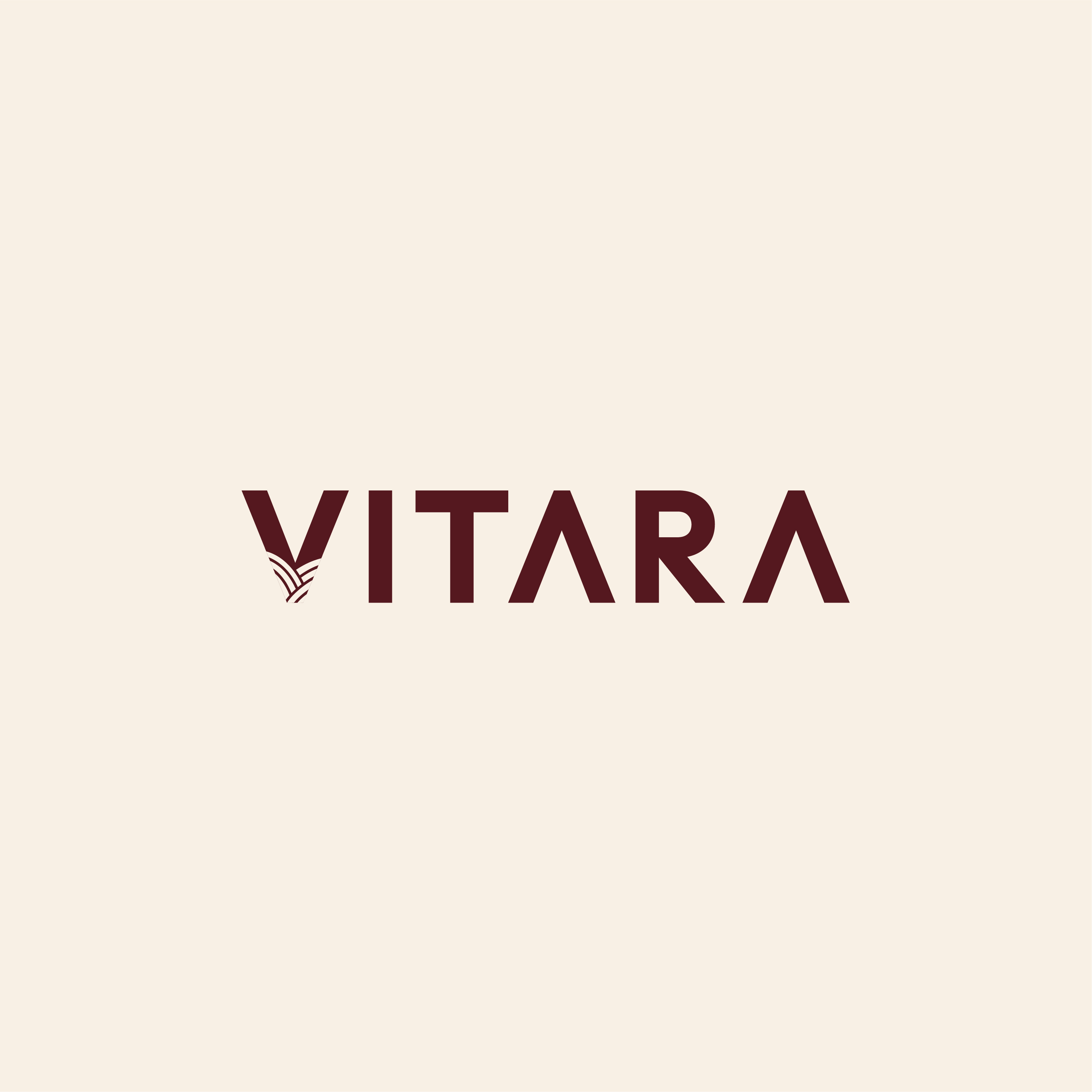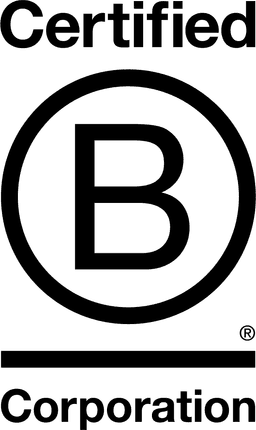

Vitara

1.6
Upper West Region, Ghana
July 2025
Agicultural support/post-harvest
Agriculture/Growers
Burkina Faso,
Ghana,
Netherlands The
Vitara is a social enterprise commited to sustaining income and impact for rural people in West-Africa. Vitara empowers rural women in West Africa by strengthening the shea value chain through sustainable, traceable sourcing. The company connects predominately women farmers to global markets, ensuring fair prices and steady income. By connecting smallholder farmers to global markets, Vitara enhances incomes, promotes climate resilience, and ensures traceability of raw materials. The company supports agroforestry, reforestation, and regenerative farming practices, while investing in technology and training to improve transparency and data accuracy. Through its agent network and TreeSyt platform, Sommalife tracks the impact of every transaction and interaction with their strong farmer network. With a strong focus on equity, environment, and economic empowerment, Sommalife integrates social purpose into its business model, contributing to long-term community development and environmental restoration across the region.
Overall B Impact Score
Governance 8.1
Governance evaluates a company's overall mission, engagement around its social/environmental impact, ethics, and transparency. This section also evaluates the ability of a company to protect their mission and formally consider stakeholders in decision making through their corporate structure (e.g. benefit corporation) or corporate governing documents.
What is this? A company with an Impact Business Model is intentionally designed to create a specific positive outcome for one of its stakeholders - such as workers, community, environment, or customers.
Workers 45.5
Workers evaluates a company’s contributions to its employees’ financial security, health & safety, wellness, career development, and engagement & satisfaction. In addition, this section recognizes business models designed to benefit workers, such as companies that are at least 40% owned by non-executive employees and those that have workforce development programs to support individuals with barriers to employment.
What is this? A company with an Impact Business Model is intentionally designed to create a specific positive outcome for one of its stakeholders - such as workers, community, environment, or customers.
Community 23.4
Community evaluates a company’s engagement with and impact on the communities in which it operates, hires from, and sources from. Topics include diversity, equity & inclusion, economic impact, civic engagement, charitable giving, and supply chain management. In addition, this section recognizes business models that are designed to address specific community-oriented problems, such as poverty alleviation through fair trade sourcing or distribution via microenterprises, producer cooperative models, locally focused economic development, and formal charitable giving commitments.
Environment 20.5
Environment evaluates a company’s overall environmental management practices as well as its impact on the air, climate, water, land, and biodiversity. This includes the direct impact of a company’s operations and, when applicable its supply chain and distribution channels. This section also recognizes companies with environmentally innovative production processes and those that sell products or services that have a positive environmental impact. Some examples might include products and services that create renewable energy, reduce consumption or waste, conserve land or wildlife, provide less toxic alternatives to the market, or educate people about environmental problems.
What is this? A company with an Impact Business Model is intentionally designed to create a specific positive outcome for one of its stakeholders - such as workers, community, environment, or customers.
Customers 1.7
Customers evaluates a company’s stewardship of its customers through the quality of its products and services, ethical marketing, data privacy and security, and feedback channels. In addition, this section recognizes products or services that are designed to address a particular social problem for or through its customers, such as health or educational products, arts & media products, serving underserved customers/clients, and services that improve the social impact of other businesses or organizations.